Switching to a firm mattress can feel like a big change—especially if you’ve been sleeping on a soft or medium bed for years. At first, it might seem a little too hard or uncomfortable, but don’t worry—that’s normal. Your body just needs some time to adjust.
Many people make the switch to a firmer bed because they want better support, less back pain, or improved sleep. And while it may not feel perfect right away, the long-term benefits can make a big difference in how you sleep and feel each day.
In this guide, we’ll walk you through what to expect when you start sleeping on a firm mattress, how your body might react, and tips to make the change easier.
Here's What You Can Expect
Your Body May Feel a Bit Sore at First

When you switch from a soft mattress to a firm one, your body needs time to get used to the new feel. You might feel some soreness in your back, hips, or shoulders during the first few nights. That’s normal. Your body has been used to sinking in more, and now it has to adjust to a surface that keeps it more lifted and straight.
You Might Sleep Lighter for a While
The first week or two may feel different. You might toss and turn more than usual, or wake up a few times at night. That doesn’t mean the mattress is bad—it just means your sleep position and pressure points are shifting. Stick with it.
Your Spine Will Get Better Support
One of the best things about a firm mattress is spinal alignment. It helps keep your back straight instead of curved. Over time, that can help reduce back pain and pressure on your joints. You’ll notice a difference especially if you sleep on your back or stomach.
You May Notice Less Back or Hip Pain
Firm mattresses give your body strong support, which can help with pain in your lower back or hips. If your old mattress was too soft, your body may have been sagging too much during sleep. After a couple of weeks on a firm bed, many people feel more rested and less stiff in the morning.
The Break-In Period Can Take Up to 30 Days
Most people need between two to four weeks to fully adjust to a new mattress. That’s why many brands offer a trial period of at least 30 nights. Don’t give up after just a few nights—your body needs a little time to fully adapt to the new feel.
Your Sleeping Position Might Change
You might find yourself sleeping in a new position that feels better on a firmer surface. Side sleepers may need a softer pillow for the hips and shoulders. Back and stomach sleepers usually do well right away, as the firm surface supports their body more evenly.
You’ll Feel More Supported Over Time

With consistent use, you’ll start to feel more supported and wake up feeling refreshed. That heavy, “sunken” feeling you may have had on your old mattress will fade, and you’ll notice your body feels lighter and more balanced in the morning.
You’re Doing Something Good for Your Health
Sleeping on a firm mattress can support better posture and healthier sleep in the long run. By giving your body the support it needs, you may notice better sleep quality, fewer aches, and more energy during the day.
Tips for Making the Transition to a Firm Mattress Easier
If you’re struggling to adjust, here are some tips to help you transition to a firm mattress:
- Use Pillows to Adjust Comfort: During the transition, you can use extra bed pillows to provide additional support for your body. For example, placing a pillow under your knees while sleeping on your back or between your knees if you sleep on your side can alleviate pressure points.
- Try a Mattress Topper: If you find the firmness unbearable at first, consider adding a mattress topper. A soft, breathable topper can provide additional cushioning while you adjust to the firm mattress.
- Give It Time: Remember that it takes time for your body to get used to a new mattress. Be patient during the first few weeks, and don't be discouraged by discomfort early on.
- Check the Foundation: Ensure that your bed frame or foundation supports the mattress properly. A firm mattress needs a solid foundation to provide the necessary support.
Final Thoughts
Transitioning to a firm mattress can be challenging, but with time and patience, you’ll likely notice the many benefits it brings. A firm mattress can improve spinal alignment, alleviate pressure points, and enhance your overall sleep quality. Just remember that the transition may take some time, and the discomfort you feel at first is a normal part of the adjustment process.
If you’re ready to make the change, check out Blissful Nights for a variety of firm mattresses for sale. They offer mattresses designed to support your body and improve your sleep experience.
FAQs
How long does it take to adjust to a firm mattress?
It usually takes about 2-3 weeks for your body to adjust to a firm mattress.
Is a firm mattress better for back pain?
Many people find that a firm mattress helps with back pain by promoting proper spinal alignment.
Can a firm mattress cause hip or shoulder pain?
It can during the initial adjustment period, but once your body adapts, these issues should subside.
Should I use a mattress topper with a firm mattress?
If you're struggling with comfort, a mattress topper can provide additional cushioning during the transition.
How do I know if a firm mattress is right for me?
If you experience better sleep quality and reduced pain after a few weeks, the firm mattress is likely a good fit.











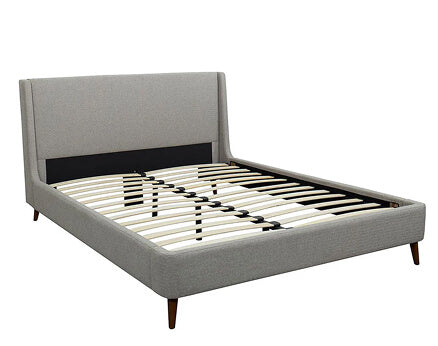
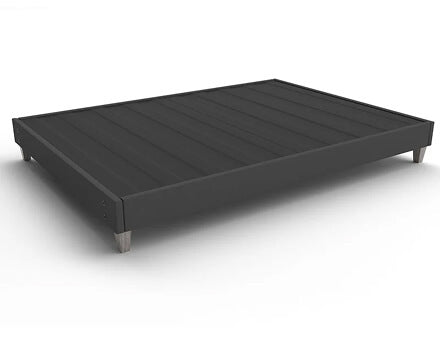


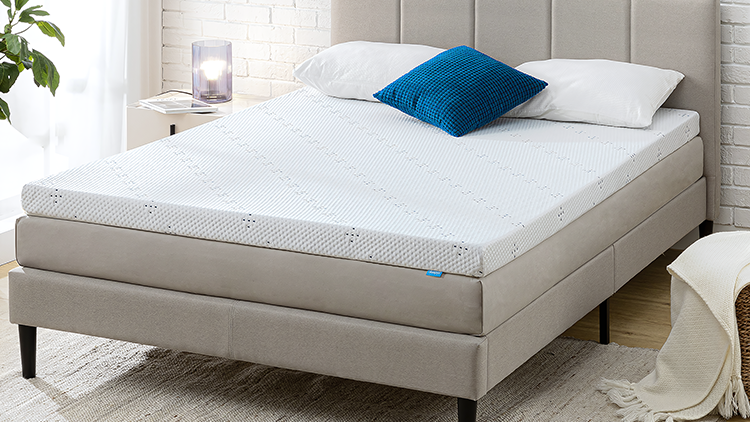
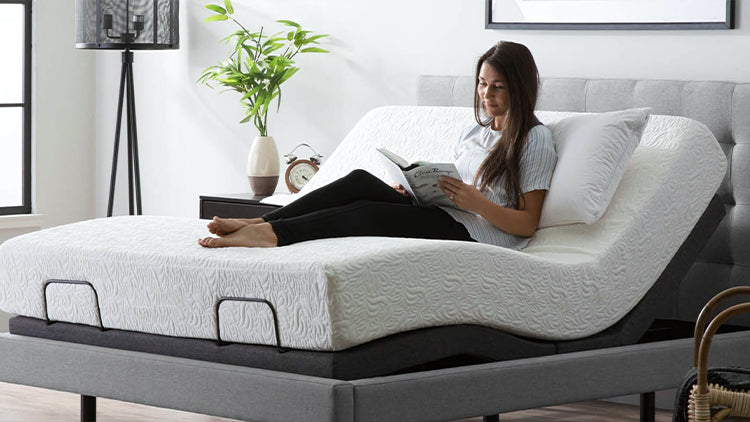
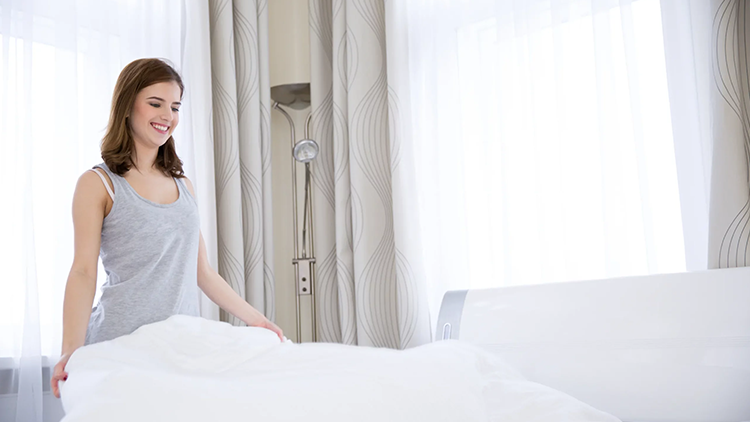
Leave a comment
This site is protected by hCaptcha and the hCaptcha Privacy Policy and Terms of Service apply.